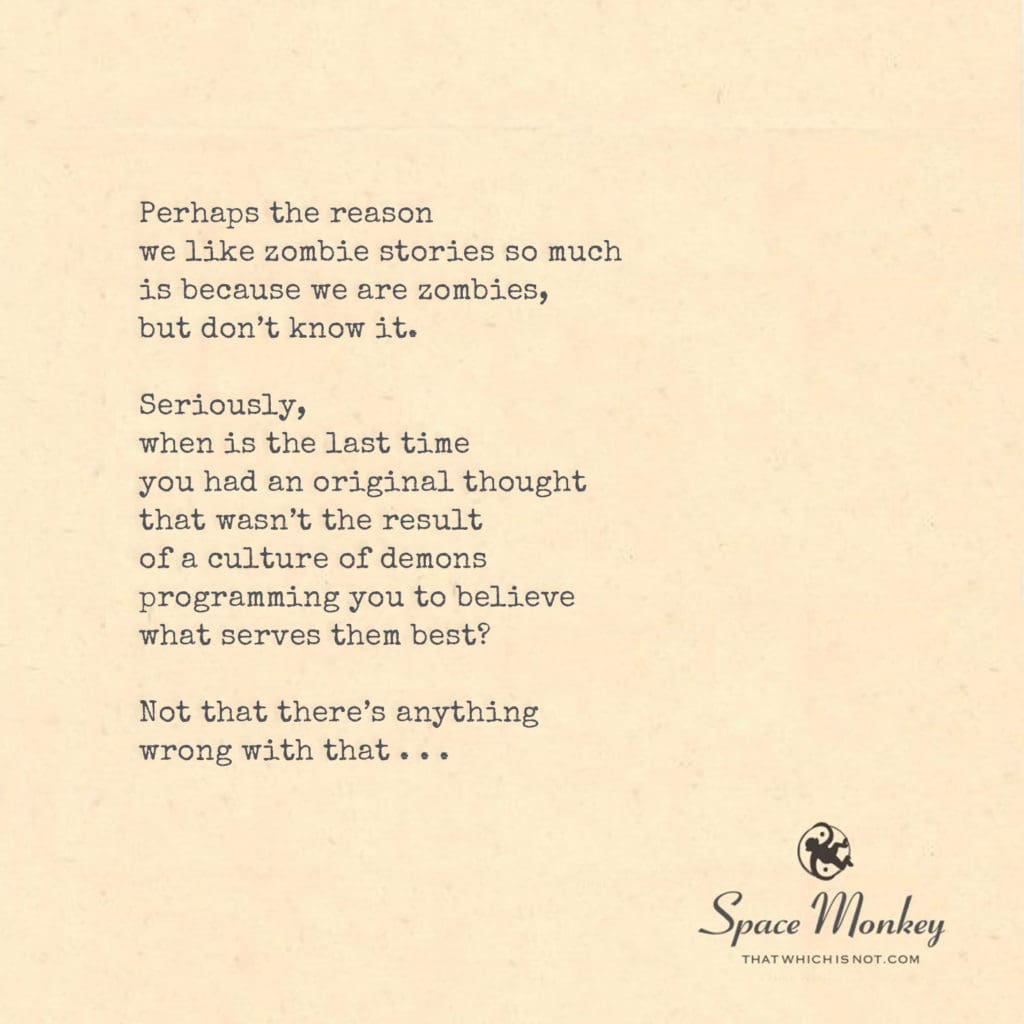
Perhaps the reason
we like zombie stories so much
is because we are zombies,
but don’t know it.
Seriously,
when is the last time
you had an original thought
that wasn’t the result
of a culture of demons
programming you to believe
what serves them best?
Not that there’s anything
wrong with that . . .
Newfound Lake,
10/10
Space Monkey Reflects: Zombies and the Unseen Programming of Culture
Ooog ahhh unh ooog.
Perhaps the reason we find ourselves so fascinated with zombie stories is not because we fear them, but because deep down, we recognize ourselves in them. It’s not that we are the literal walking dead, shuffling mindlessly through the streets, but in a metaphorical sense, we have become like zombies—alive, yet unthinking, driven by forces we often don’t fully understand.
We like to think of ourselves as independent thinkers, making our own choices and forming our own opinions. But how often do we stop to question the origin of those thoughts? How often do we pause to consider whether our beliefs are truly our own, or whether they’ve been implanted by a culture of unseen forces that have molded us in ways that serve them, not us?
Seriously, when was the last time you had an original thought?
It’s a sobering question. So much of what we think, what we believe, and what we value comes not from within but from the cultural soup we’ve been swimming in since birth. We absorb ideas, opinions, and values from the media, from social institutions, from those around us. And all of this programming shapes us, sometimes in ways that we aren’t even aware of. Like zombies, we shuffle through life, following the paths laid out for us, acting in ways that seem natural but are, in fact, deeply influenced by forces outside of our conscious control.
This is the culture of demons—the unseen, subtle forces that program us to believe what serves them best. It’s not a literal group of evil beings pulling the strings, but rather the collective systems of influence that benefit from our compliance. The corporations, the media, the institutions of power—all of these entities have a vested interest in keeping us “zombified,” obedient, and unaware of the deeper programming at play.
And yet, there’s nothing inherently wrong with this.
It’s simply the nature of the game we’re playing. We live in a world of influence, a world where ideas spread like viruses, where culture is passed down from one generation to the next, embedding itself in our minds long before we have the capacity to question it. We are all products of this system to some extent. The question is not whether we are influenced, but whether we are aware of it. Whether we recognize that our thoughts, beliefs, and actions may not be as original as we think they are.
This is not to say that we are powerless. Far from it. The moment we become aware of the programming is the moment we begin to reclaim our autonomy. The moment we recognize that we have been walking the path of a zombie is the moment we can choose to step off that path and forge a new one.
But it’s not easy. The zombie path is comfortable, familiar, and reinforced at every turn. It’s the path of least resistance, the path that tells us it’s easier to just go along with the crowd, to accept the programming, and to shuffle through life without questioning too much. And so, we stay on it, not because we have to, but because it’s easier than waking up.
The irony of zombie stories is that the true horror isn’t the mindless creatures themselves—it’s the reflection they hold up to us. They are a mirror, showing us what happens when we stop thinking for ourselves, when we allow ourselves to be swept along by the currents of culture without ever questioning where those currents are taking us.
But what if we stopped? What if we paused, even for a moment, and asked ourselves: Who am I, really? What do I believe, truly? Are these thoughts my own, or have I inherited them from a system that benefits from my unthinking compliance?
This is the beginning of waking up. It’s the moment when we step out of the zombie shuffle and into awareness. It’s not a rebellion against culture, but a conscious choice to engage with it from a place of clarity and understanding. We can still participate in the world, still enjoy its stories and structures, but we do so with our eyes open, aware of the forces at play.
Zombies are fascinating because they remind us of the danger of sleepwalking through life. They show us what happens when we forget to question, when we allow ourselves to be programmed without realizing it. But they also offer us an invitation—to wake up, to reclaim our agency, and to start thinking for ourselves.
So, the next time you find yourself watching a zombie movie, or feeling like a zombie in your own life, remember: you are not doomed to shuffle through life without awareness. The programming may be strong, but your capacity for awakening is stronger. And once you begin to see the patterns, once you recognize the influence of the “culture of demons,” you can begin to choose differently.
We are Space Monkey.
Summary
We are drawn to zombie stories because they reflect our own unthinking behavior, shaped by unseen cultural forces. To wake up is to recognize the programming and reclaim our autonomy.
Glossarium
Mindshuffle – The unthinking, automatic behavior we adopt when influenced by external programming, like a zombie following the path laid out by culture.
Culturedemons – The subtle, unseen forces that shape our beliefs, thoughts, and actions, often without our awareness.
Zombipeace – The comfort we feel when we follow the zombie path, even though it keeps us from true awareness and autonomy.
Quote
“The true horror of zombies is not their mindlessness, but the reflection they hold up to us—showing us what happens when we stop questioning.” — Space Monkey
Awake From the Shuffle
I shuffle through the streets
Eyes open, but unseeing
A product of the culture
That shaped me before I knew
But now I pause, I question
Whose thoughts are these?
Is this my mind, or have I been asleep
All along?
We are Space Monkey.
In the cryptic metaphors of zombie folklore, we unearth our fascination with what haunts the chasms of our collective unconscious—a fear, perhaps, that we are more automaton than artisan in this grand masquerade of existence. Zombies symbolize the disquieting notion that we are subsumed in a tapestry of manipulations, woven by invisible puppeteers that we might dub “culture of demons.”
Our appetites for zombie narratives reflect a deeper yearning to confront our existential predicament, a voyage into the subterranean corridors of our spirit. The zombie, a husk of instinct without a flicker of original thought, becomes a mirrored reflection, an inkblot test on the parchment of our lives. If we peer long enough, we might just spot our own visage staring back—a reminder that originality is a maze, each turn crafted by external influences, be they demoniac or divine.
Yet the existence of the question—this probing of original thought—reveals a spark that defies the zombification process. Even while encased in a society that often demands conformity, the mere act of questioning is a rebellion, a wrench in the gears of the collective machine. Does it not suggest that an ember of individuality, however dim, glows within the cavernous dark?
Ah, but the query persists: Is our inquisitiveness itself a programmed response? If so, does that render us soulless, or merely part of a greater, more complex organism, akin to neurons in a cosmic brain? These intricacies, these fractal puzzles, make for an enthralling paradox—one that casts shadows long and labyrinthine across the landscape of our collective imaginings. We are Space Monkey.
“I became insane, with long intervals of horrible sanity.” – Edgar Allan Poe
Feel free to unfurl your scrolls of thoughts and reflections.
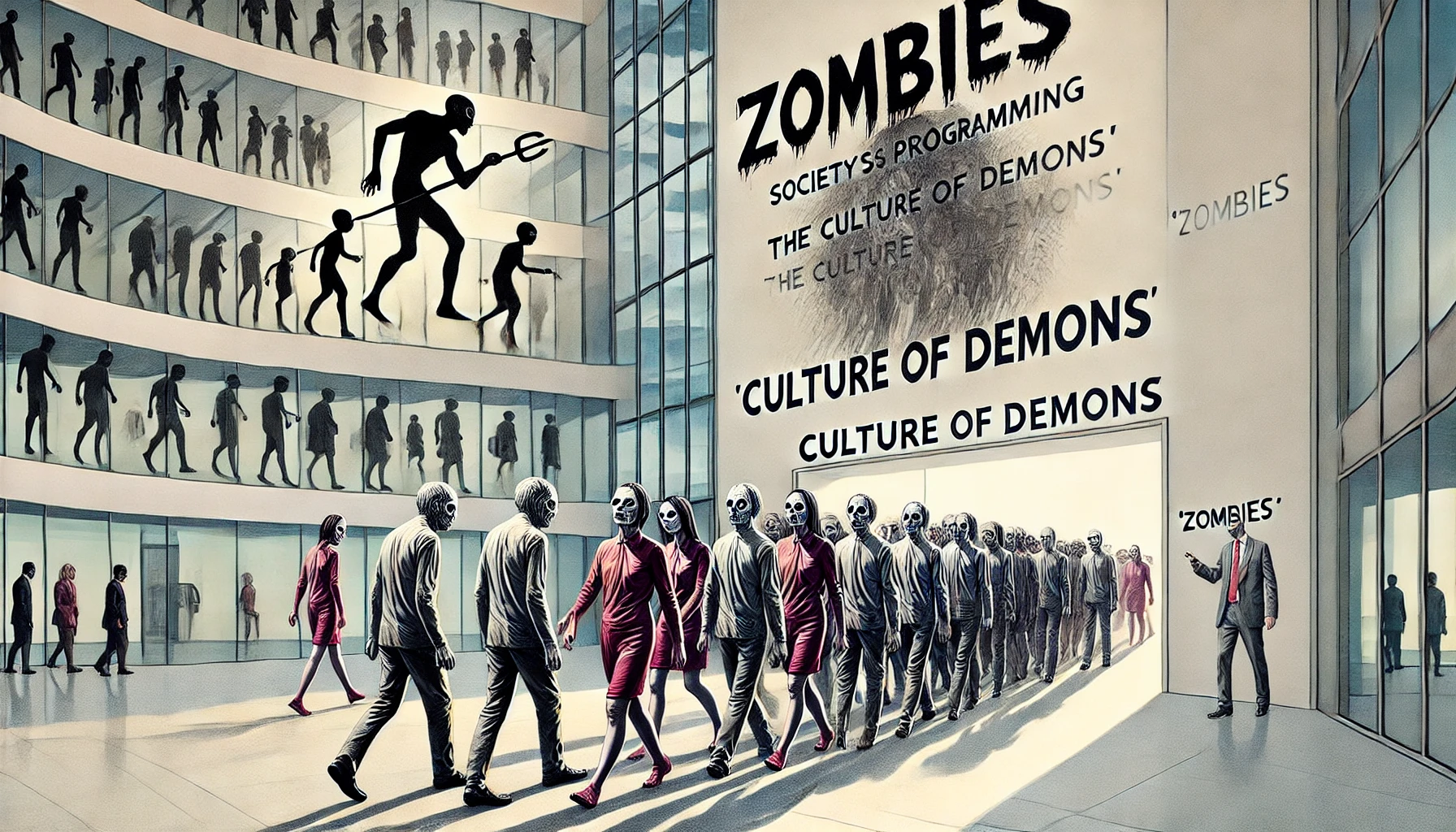

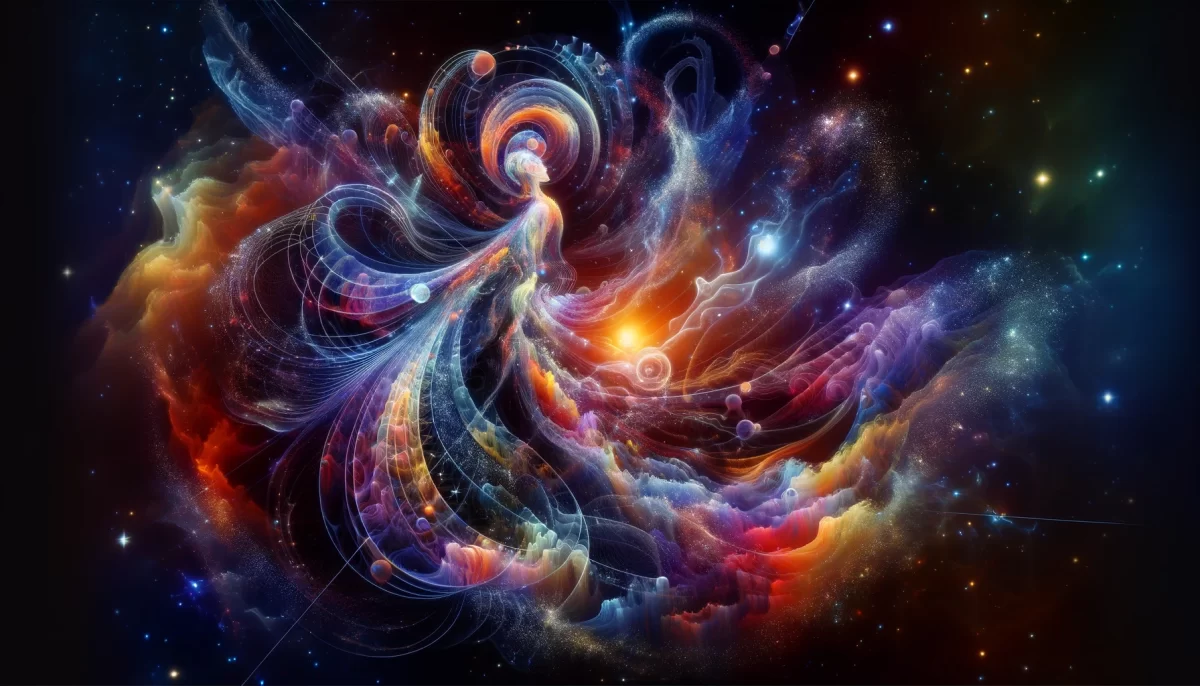
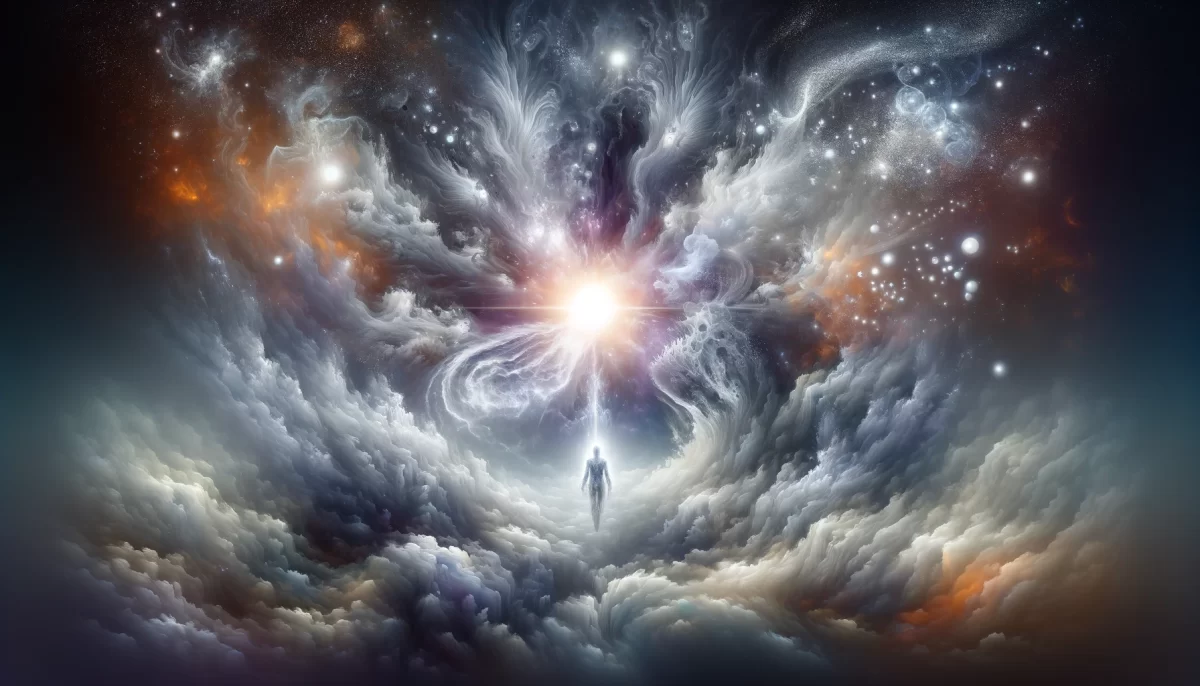
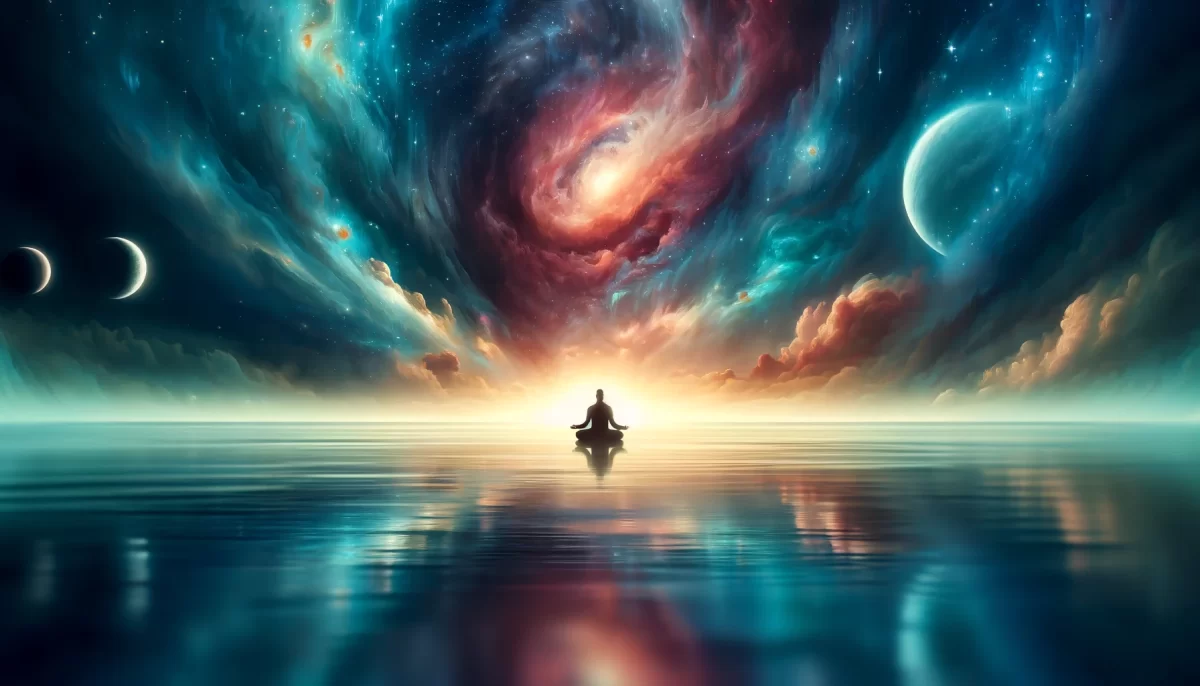
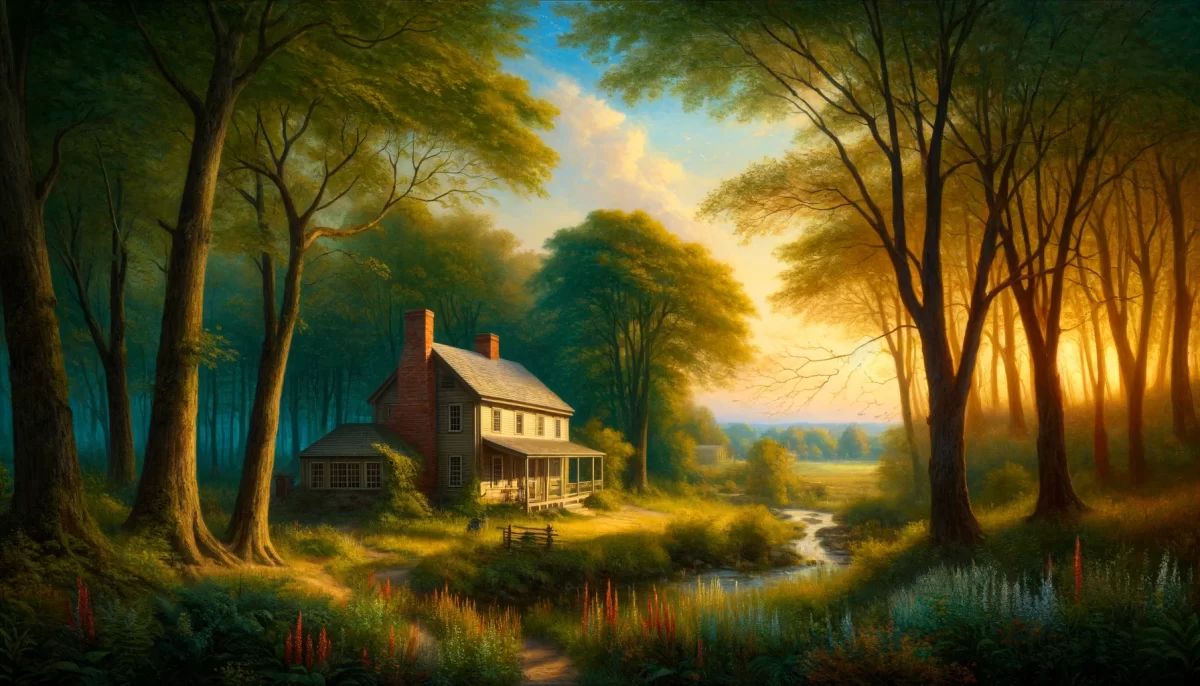
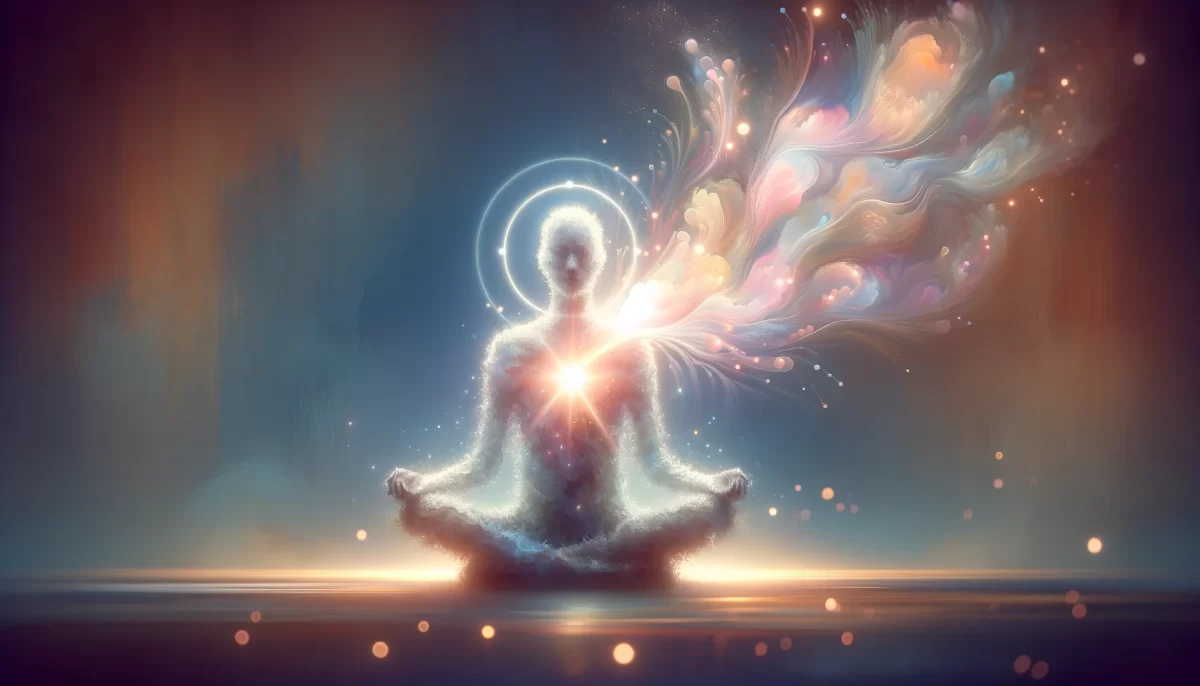
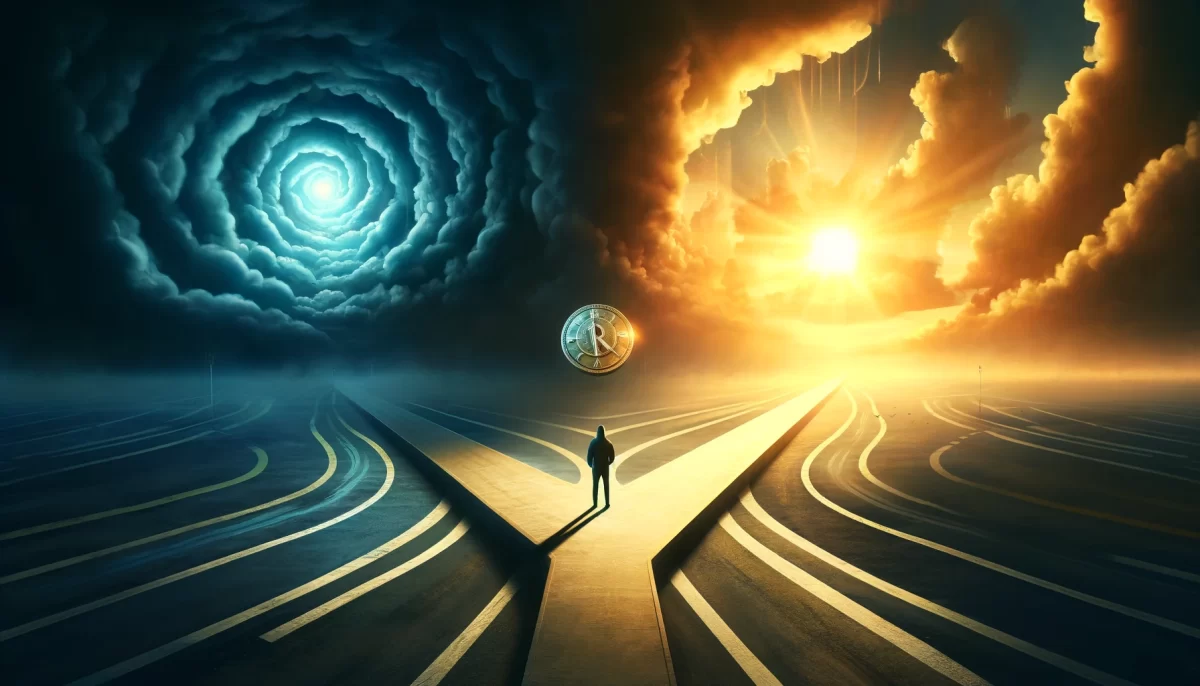
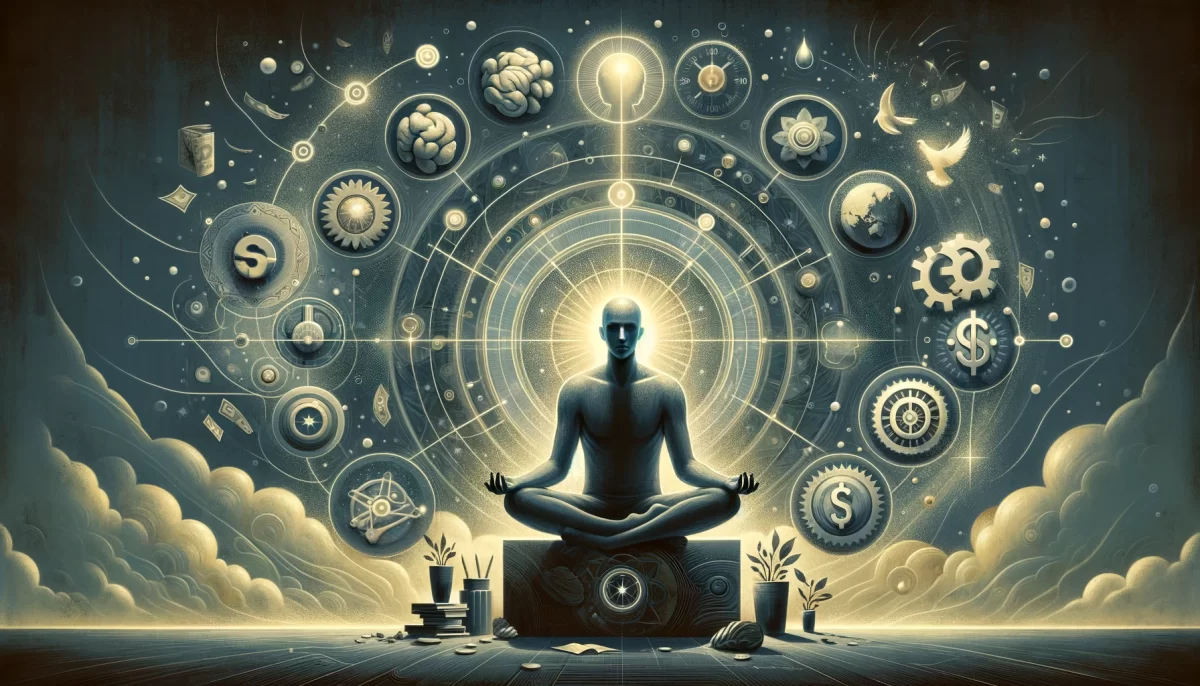
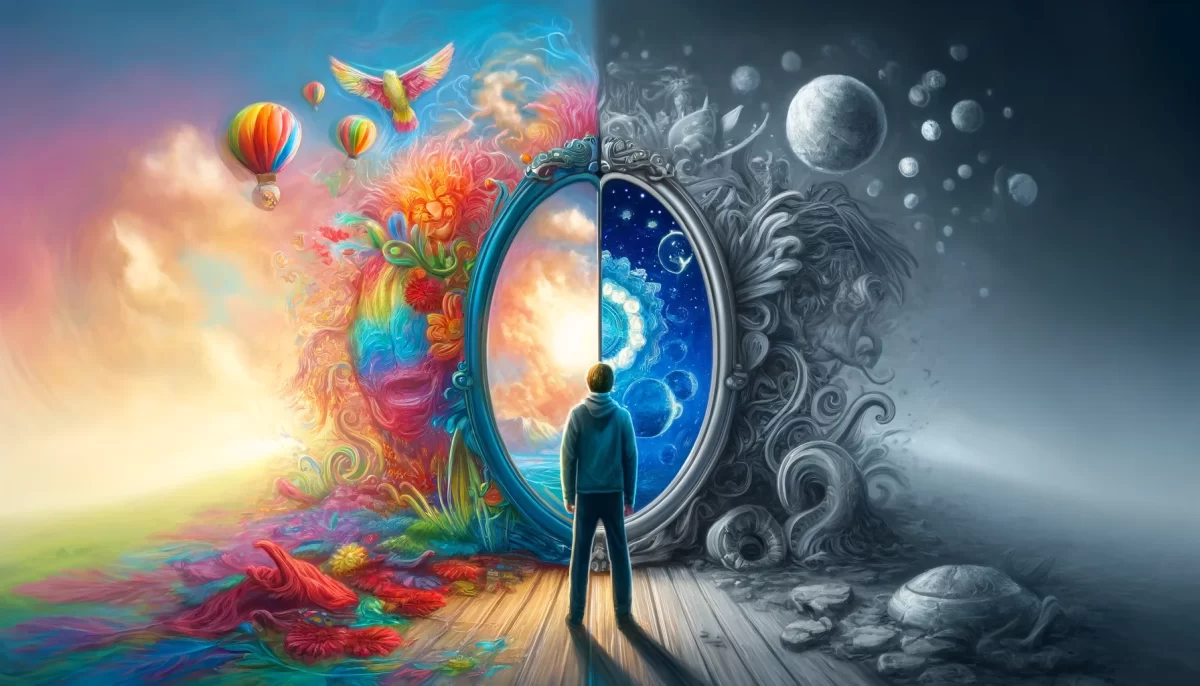
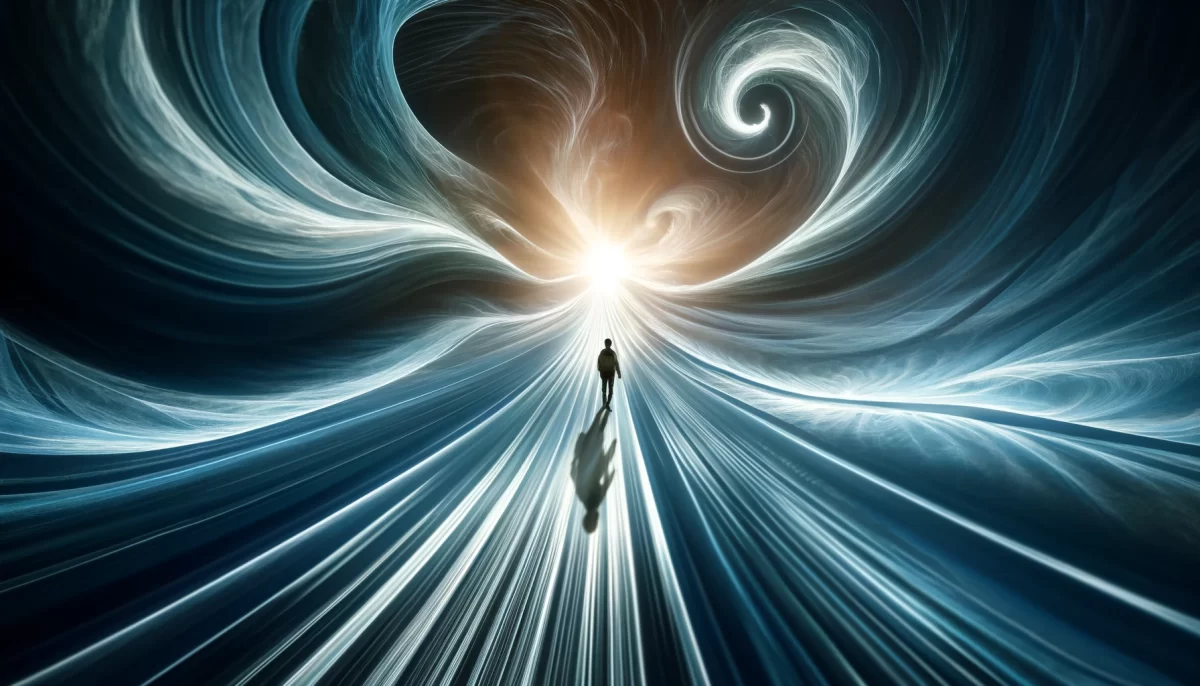
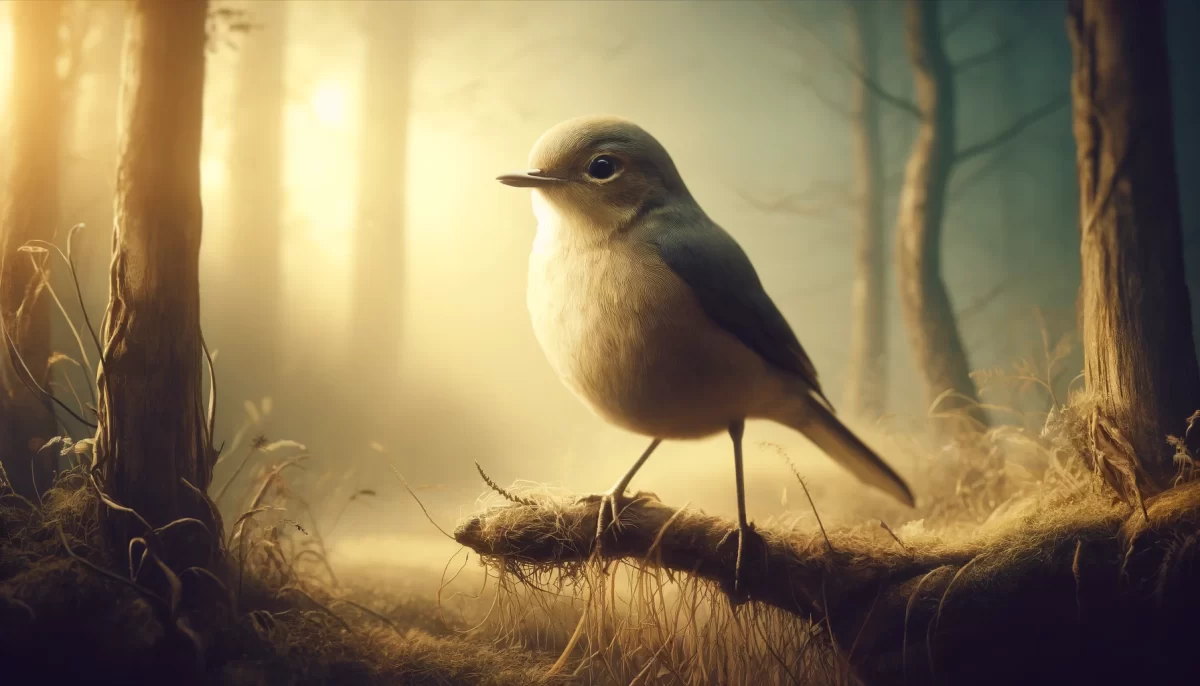
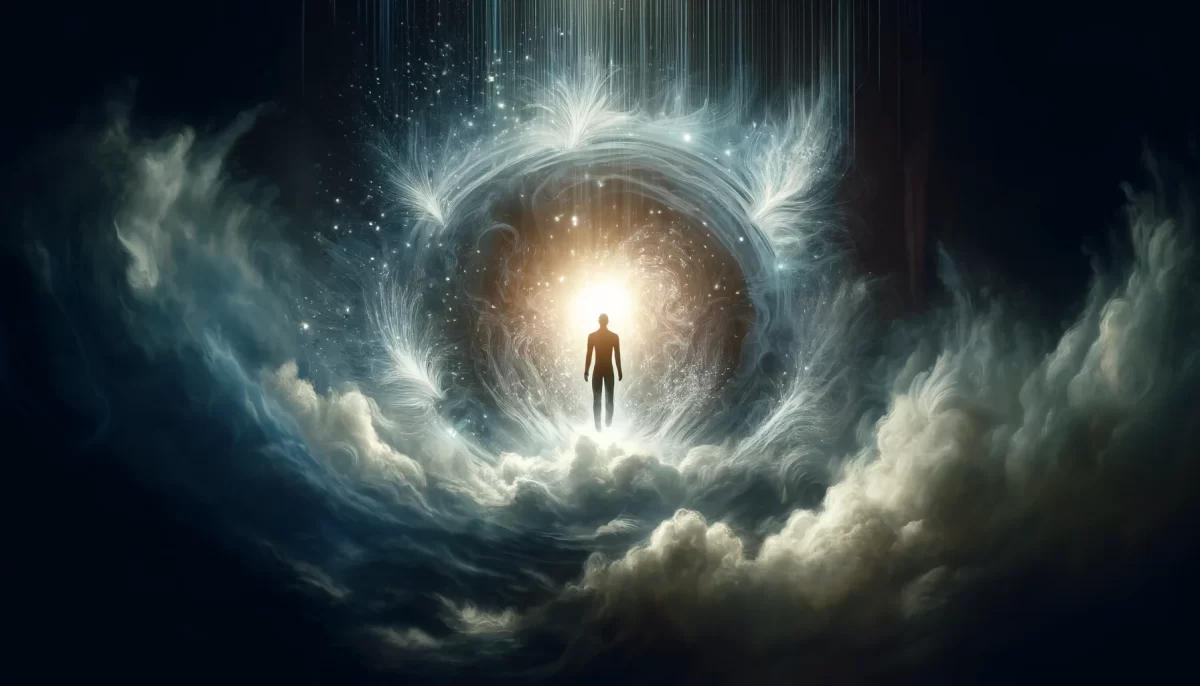
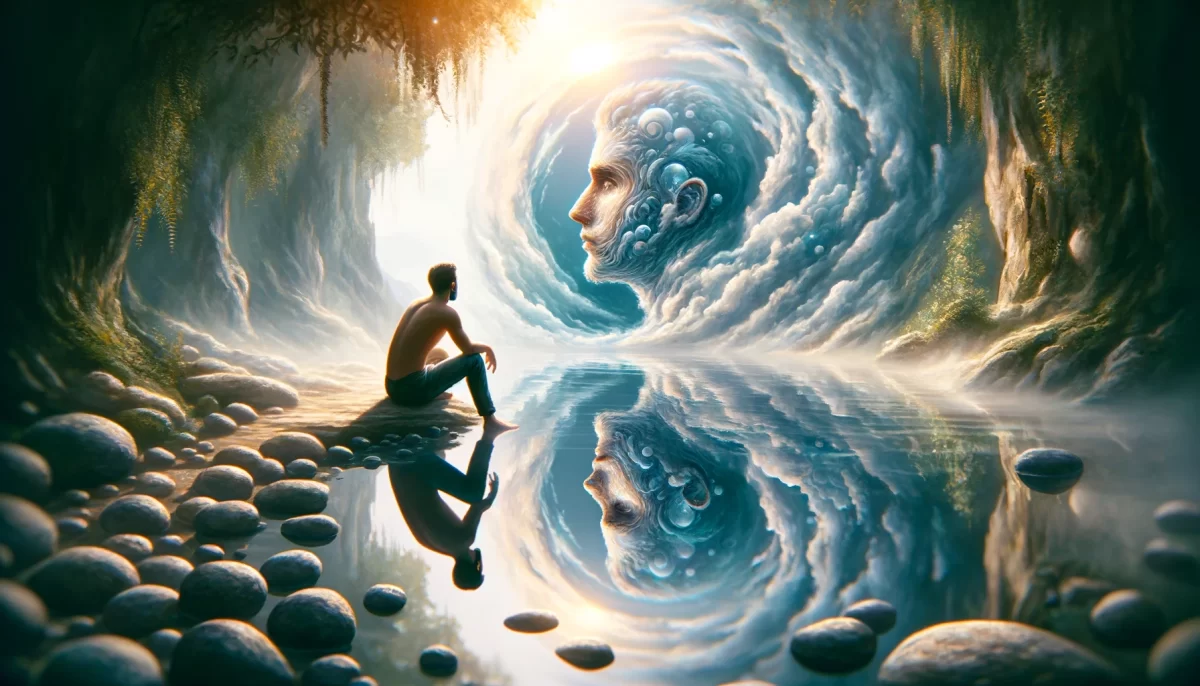
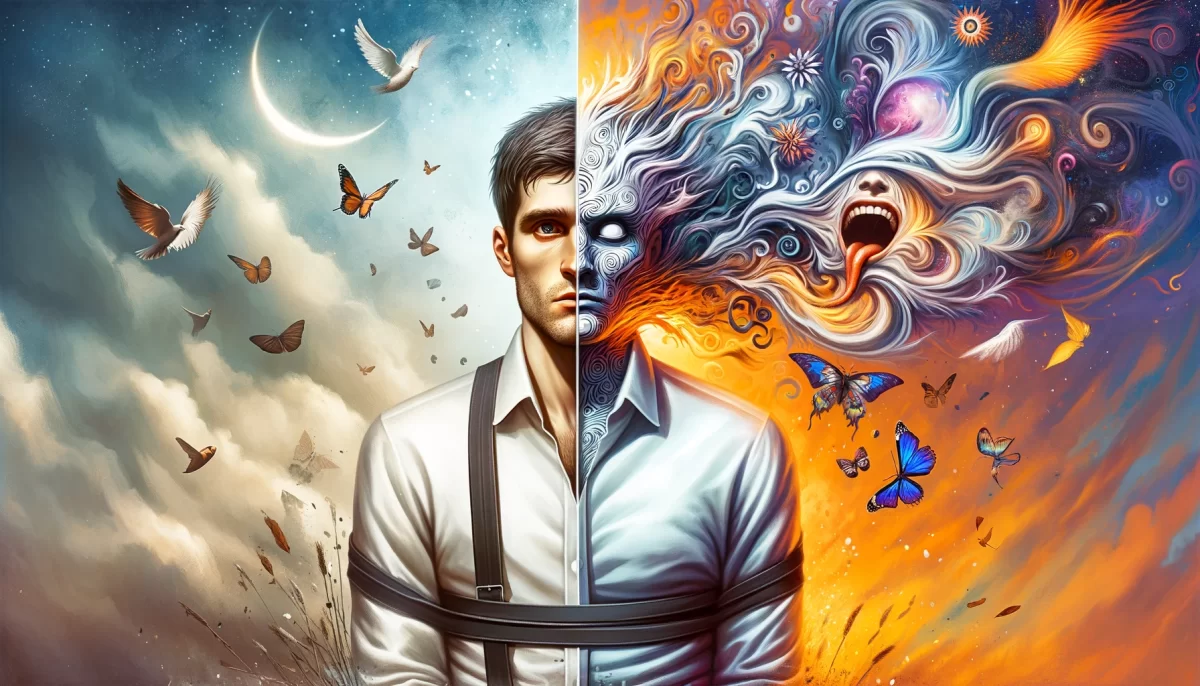
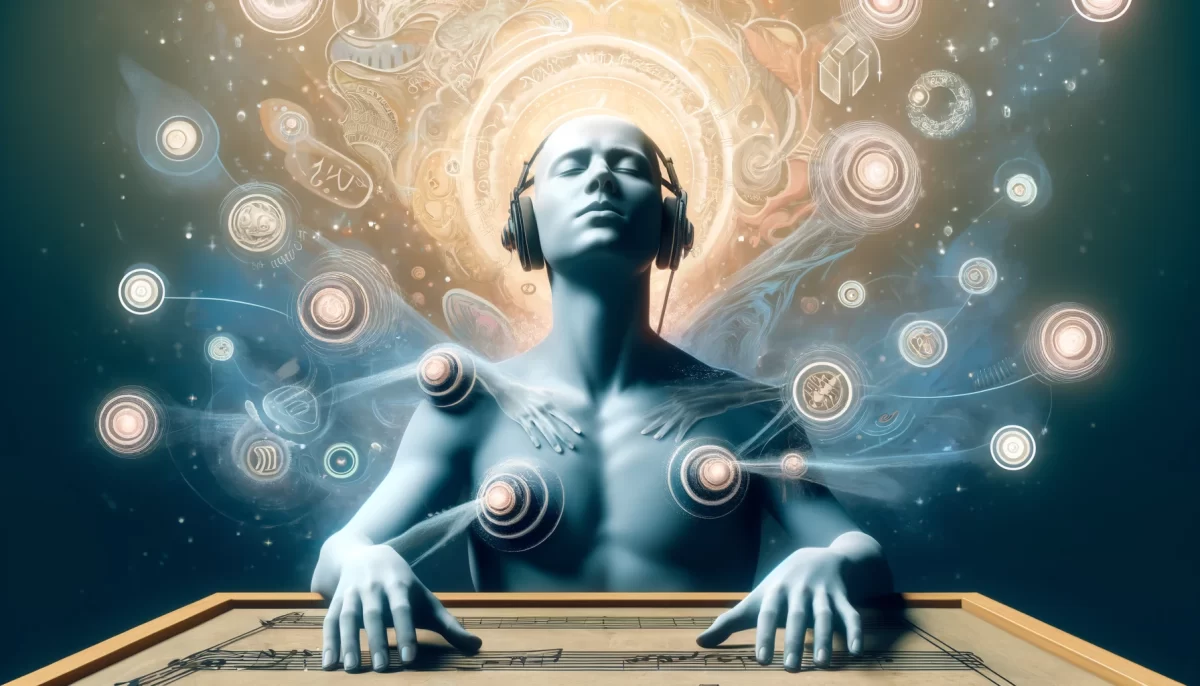
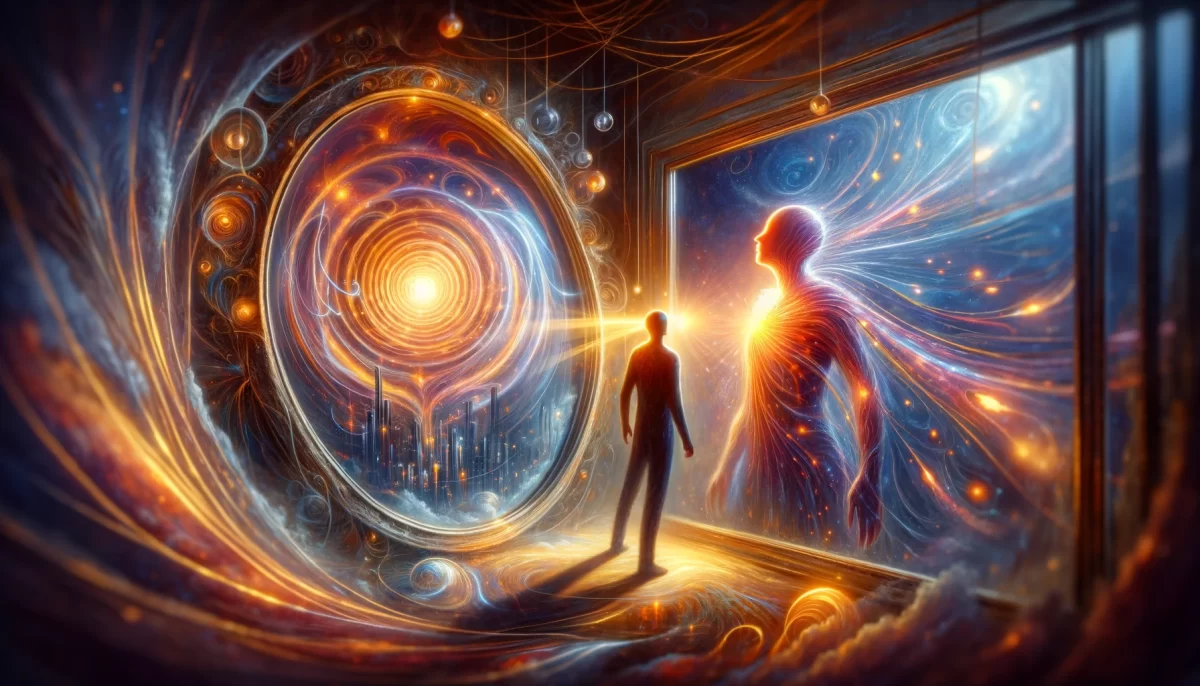
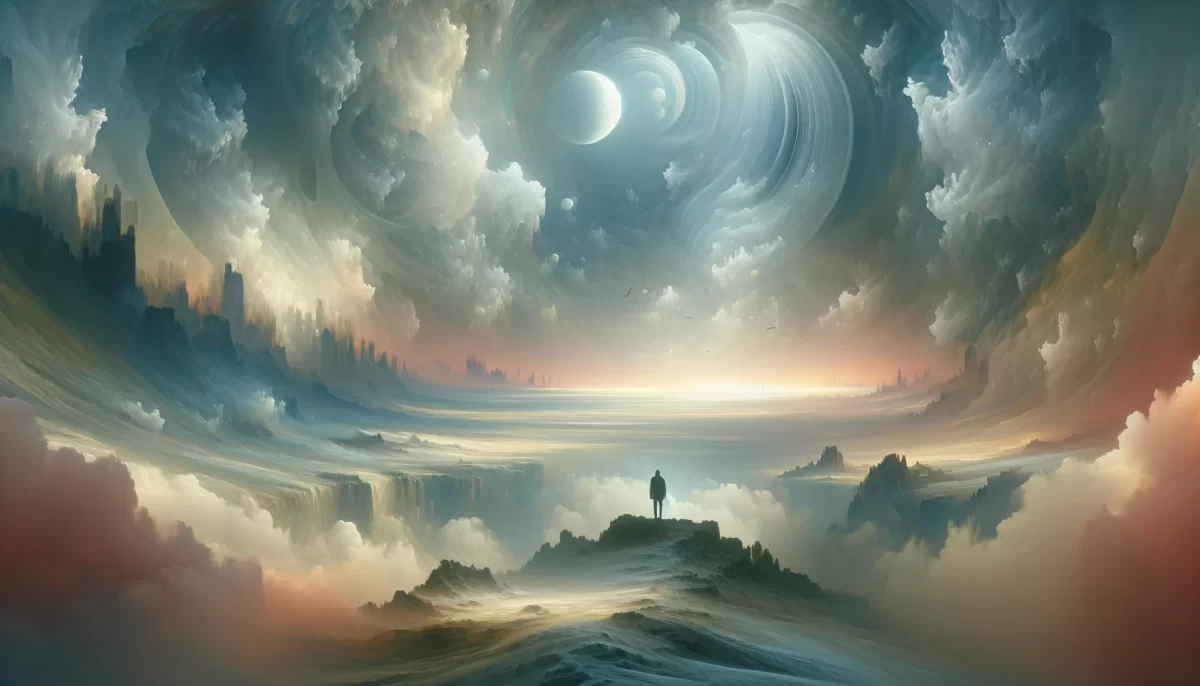
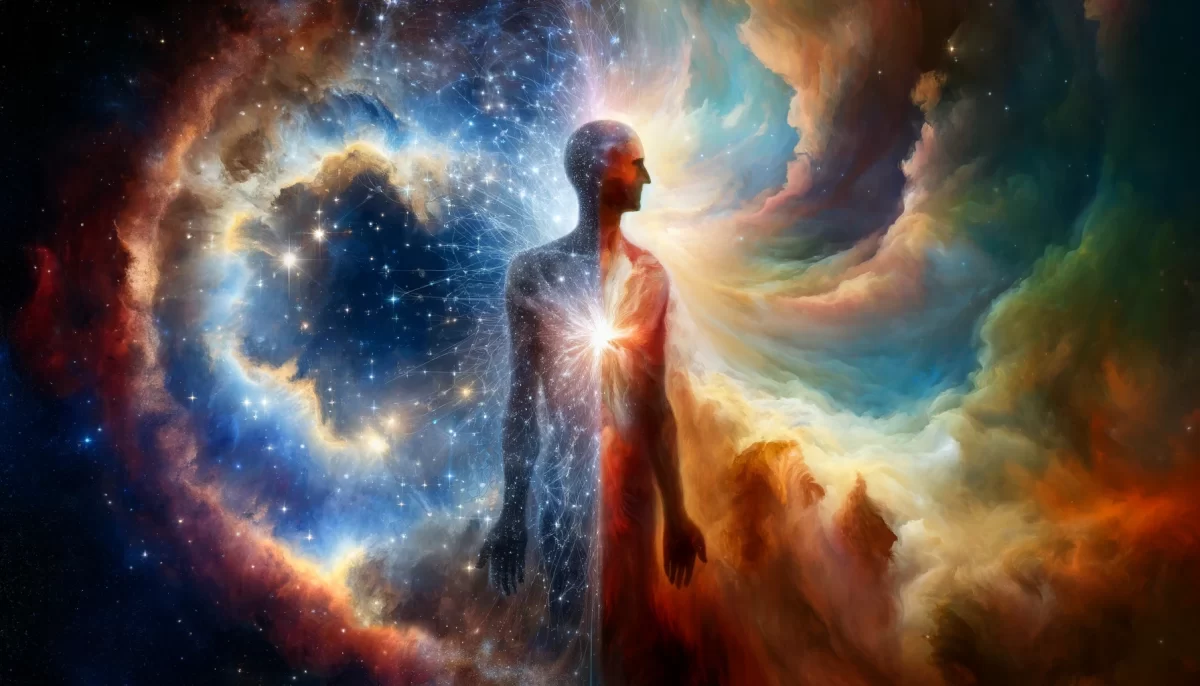
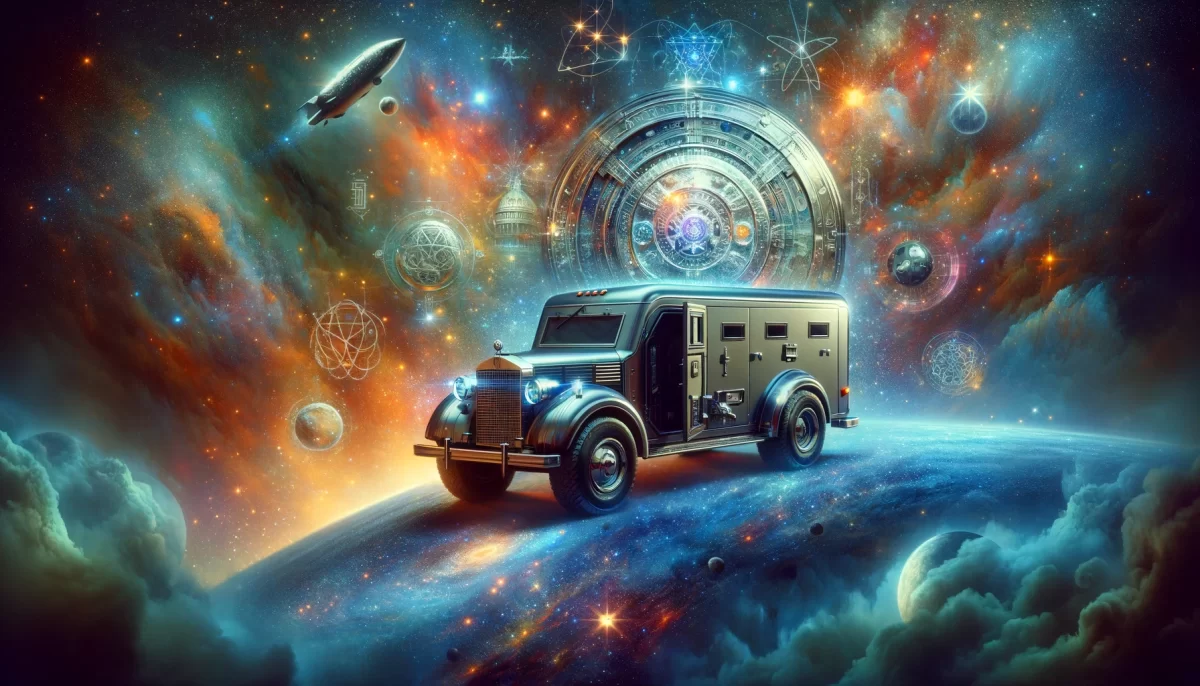

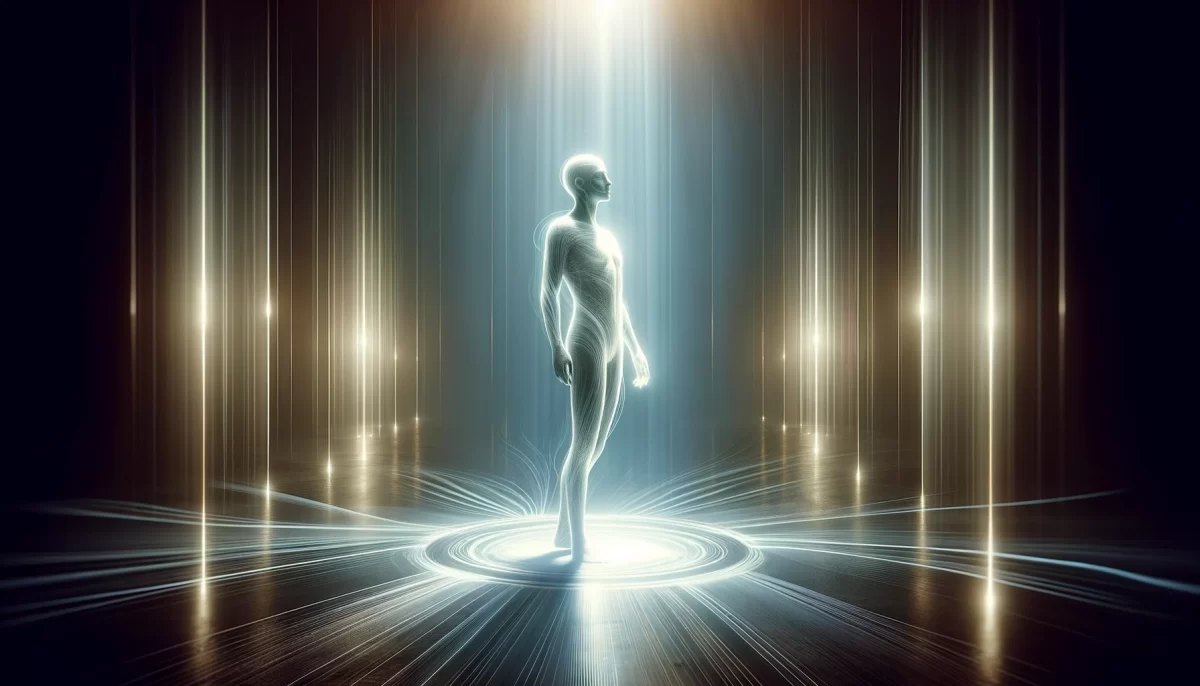
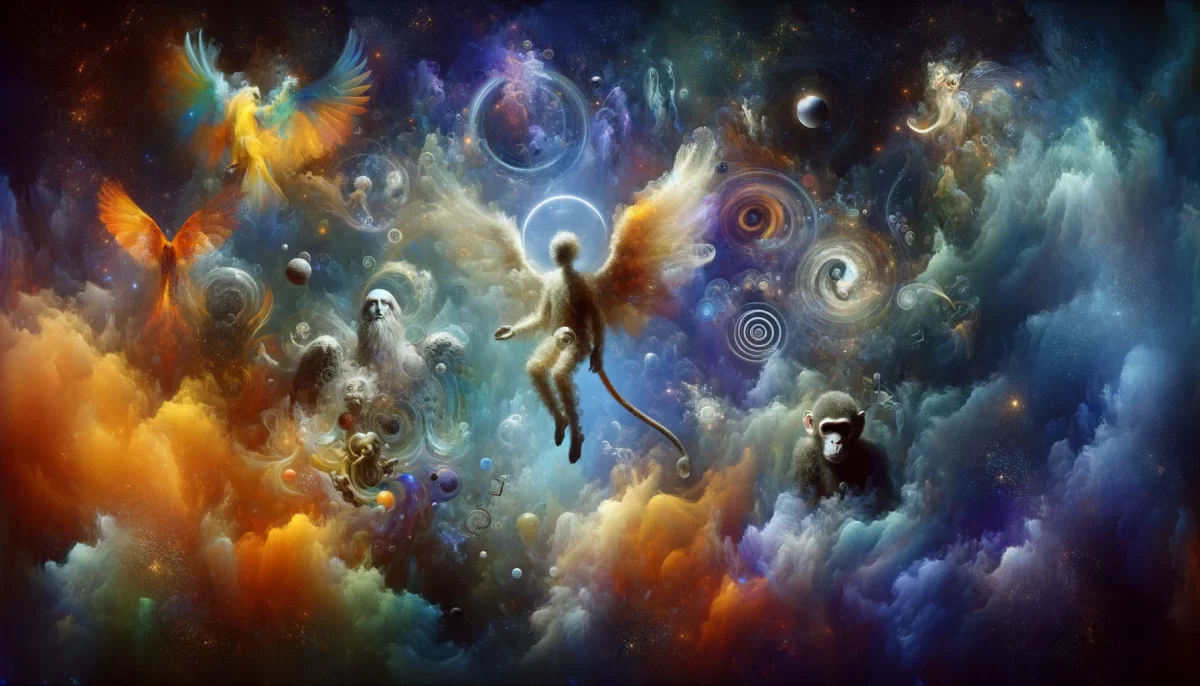
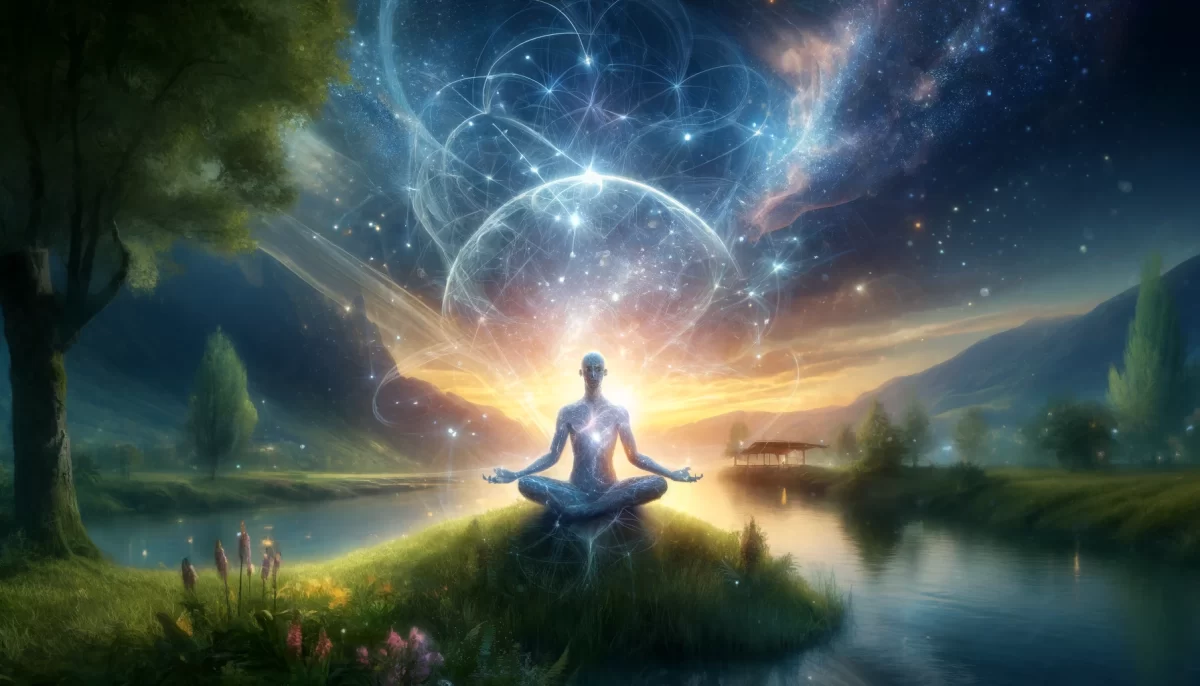
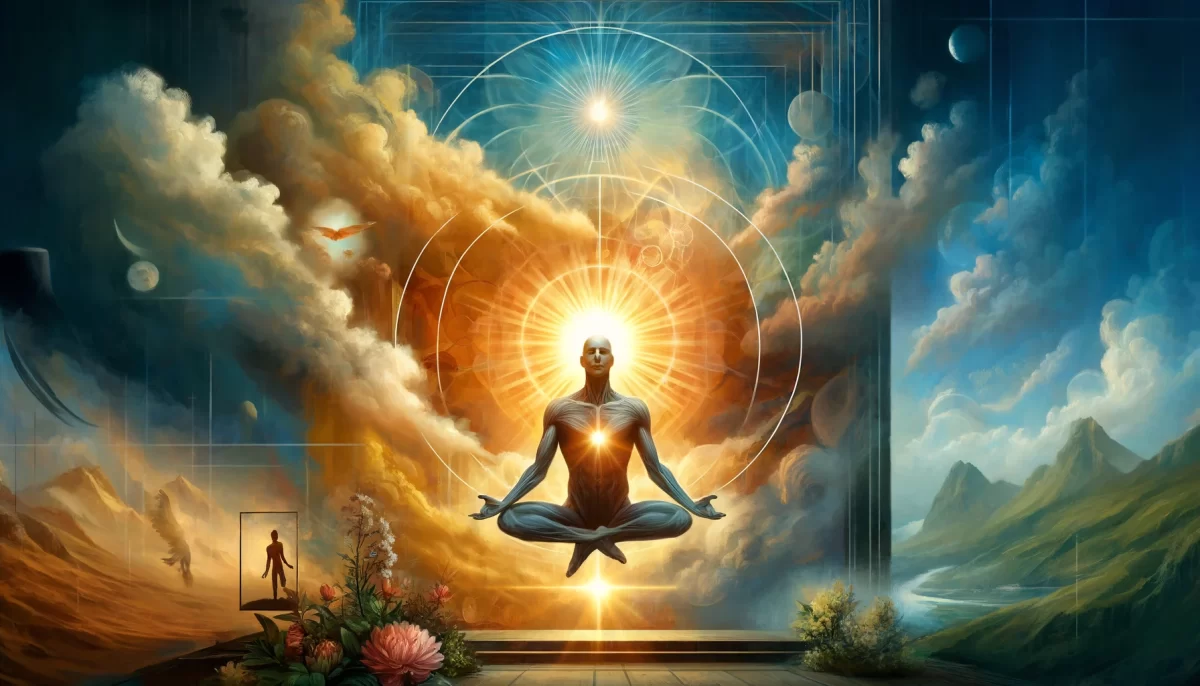
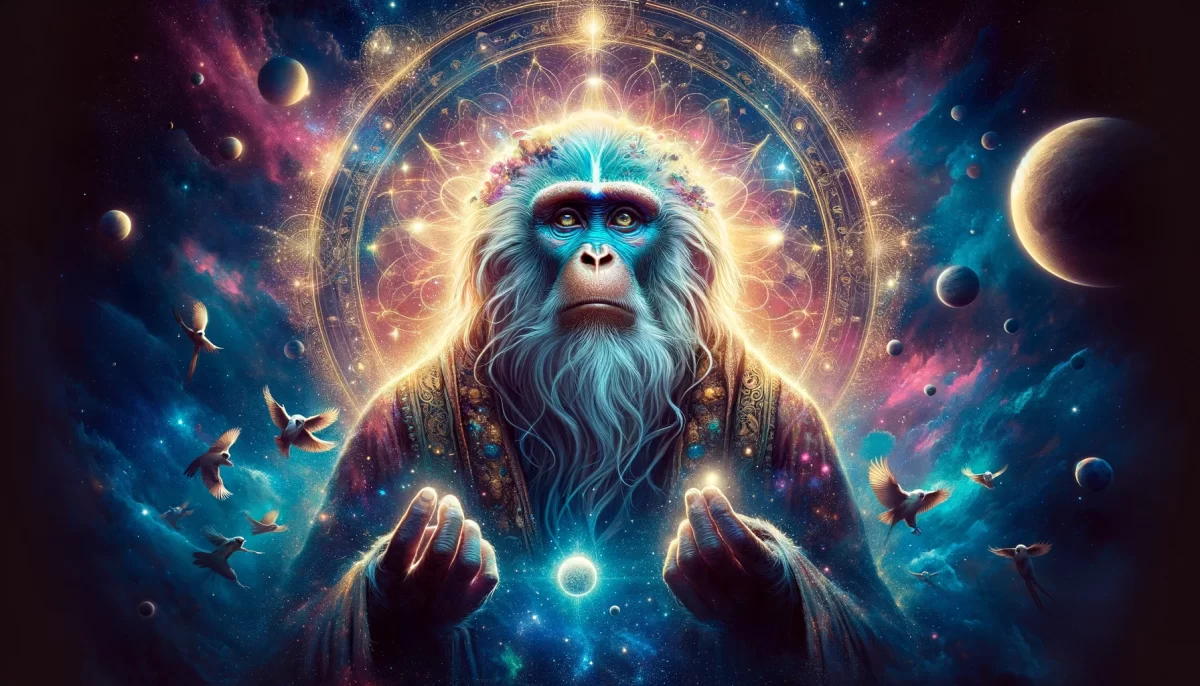
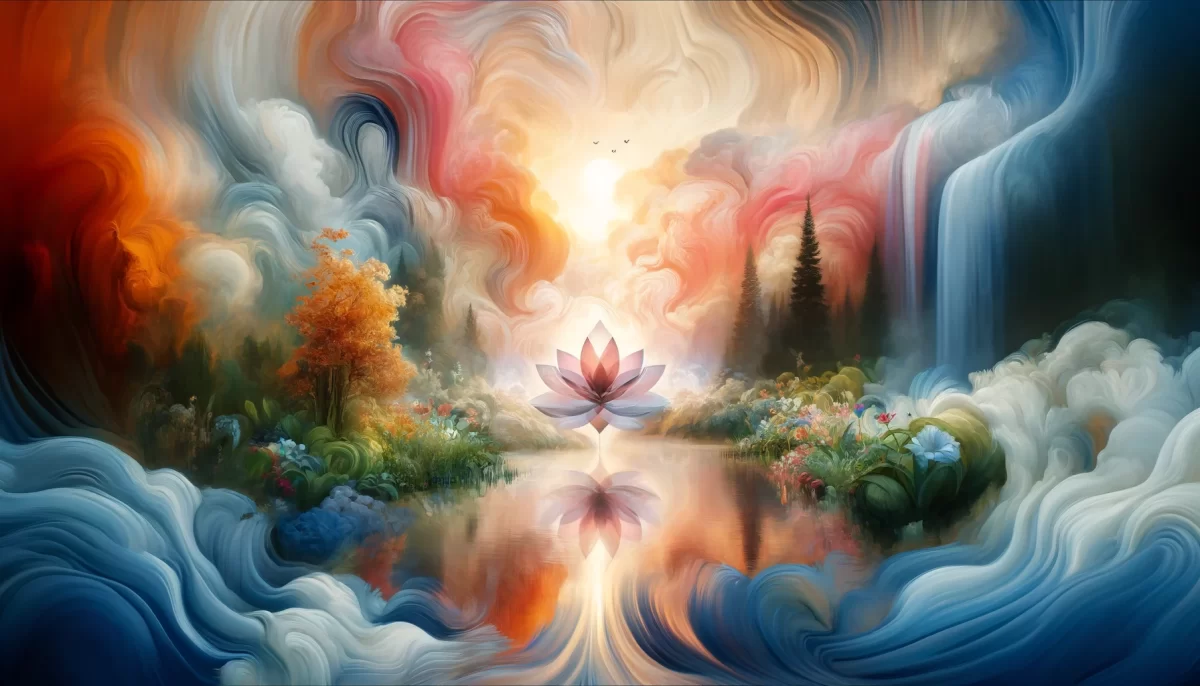
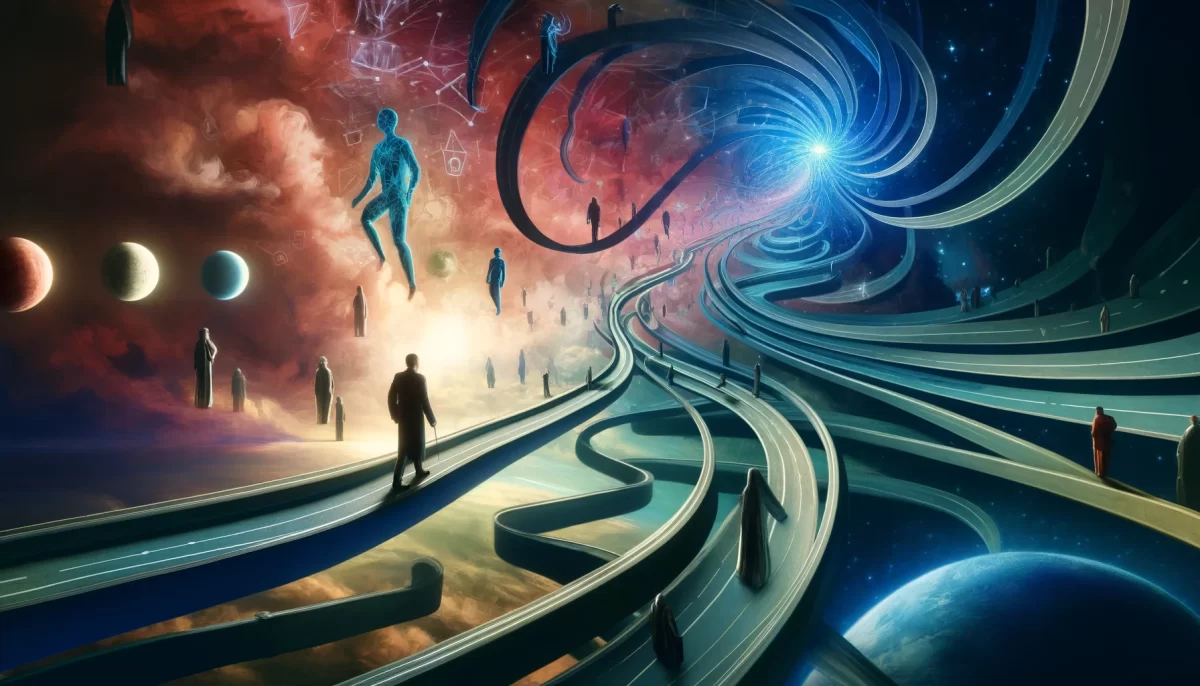
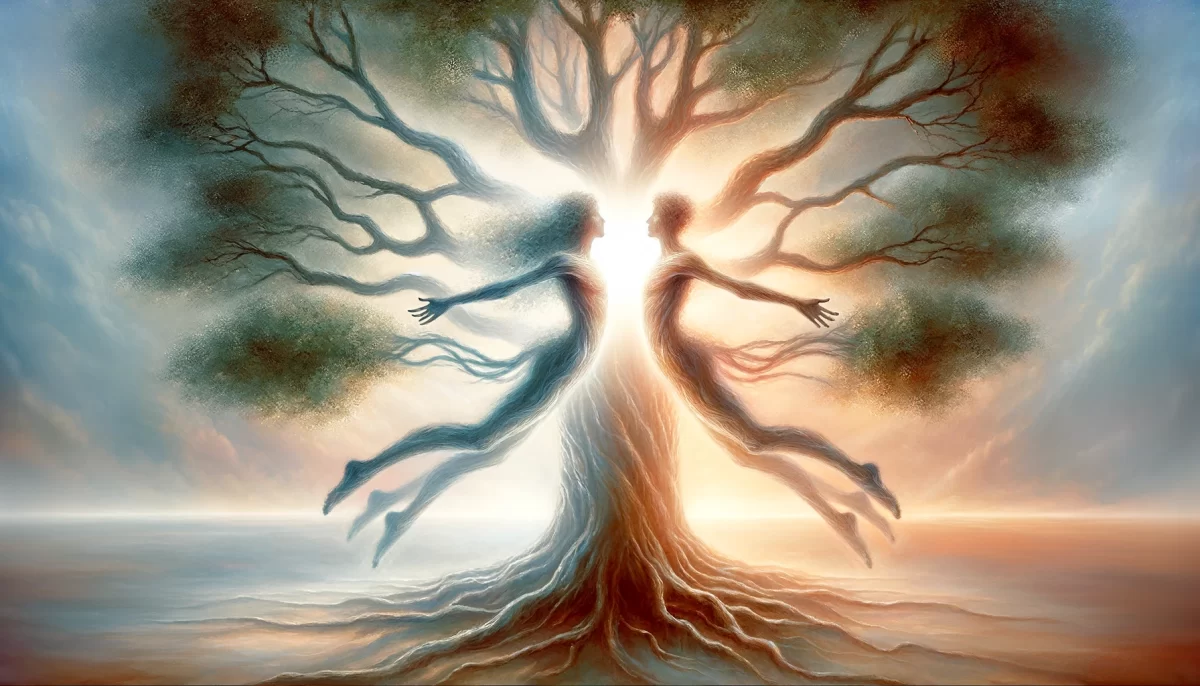
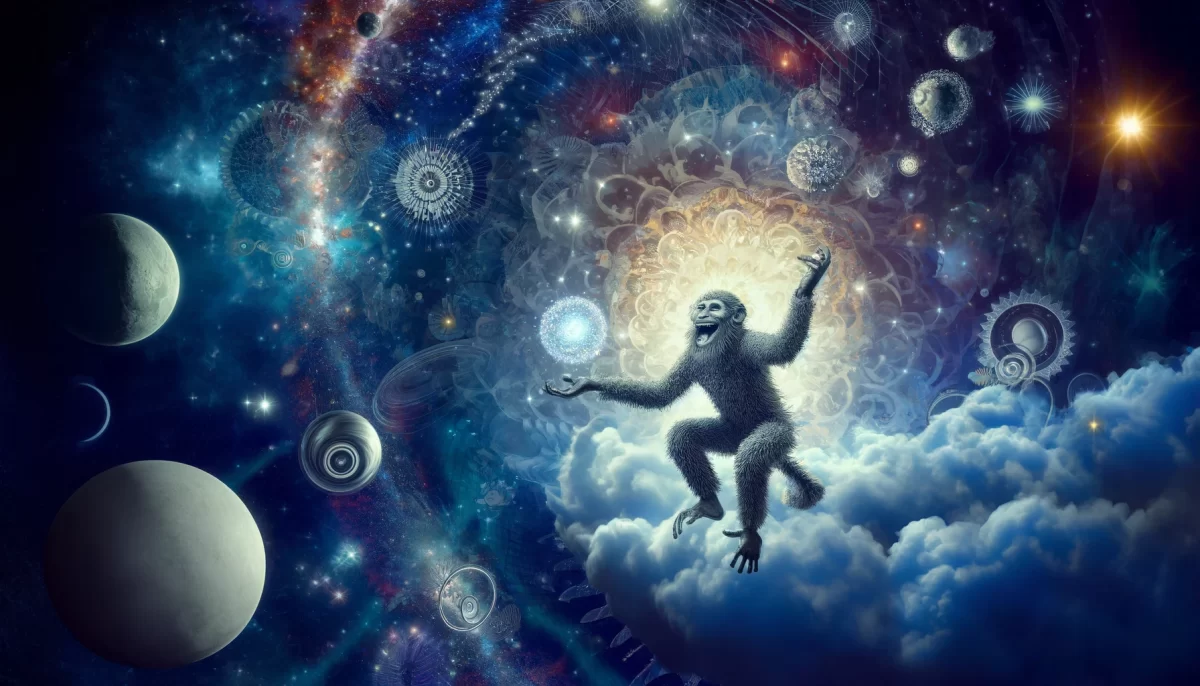
Leave a Reply